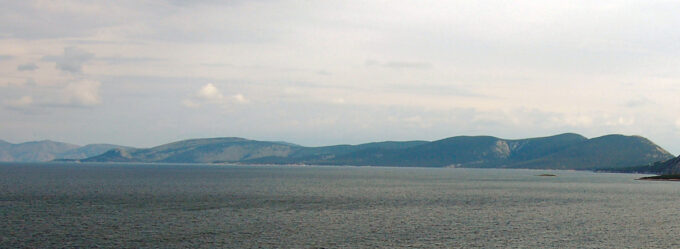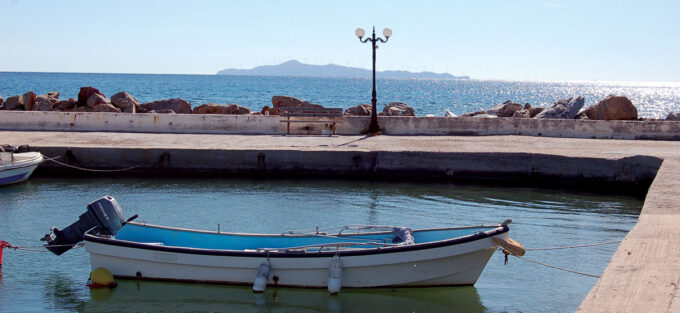Ermioni
Ermióni is a settlement that is continuously inhabited since the Homeric years and actually under the same name (with the exception of a few hundred years), which was given to the area from Ermíona, the grandson of King Foronéas of Árgos and founder of the city. The town of Ermióni has known great days during…











